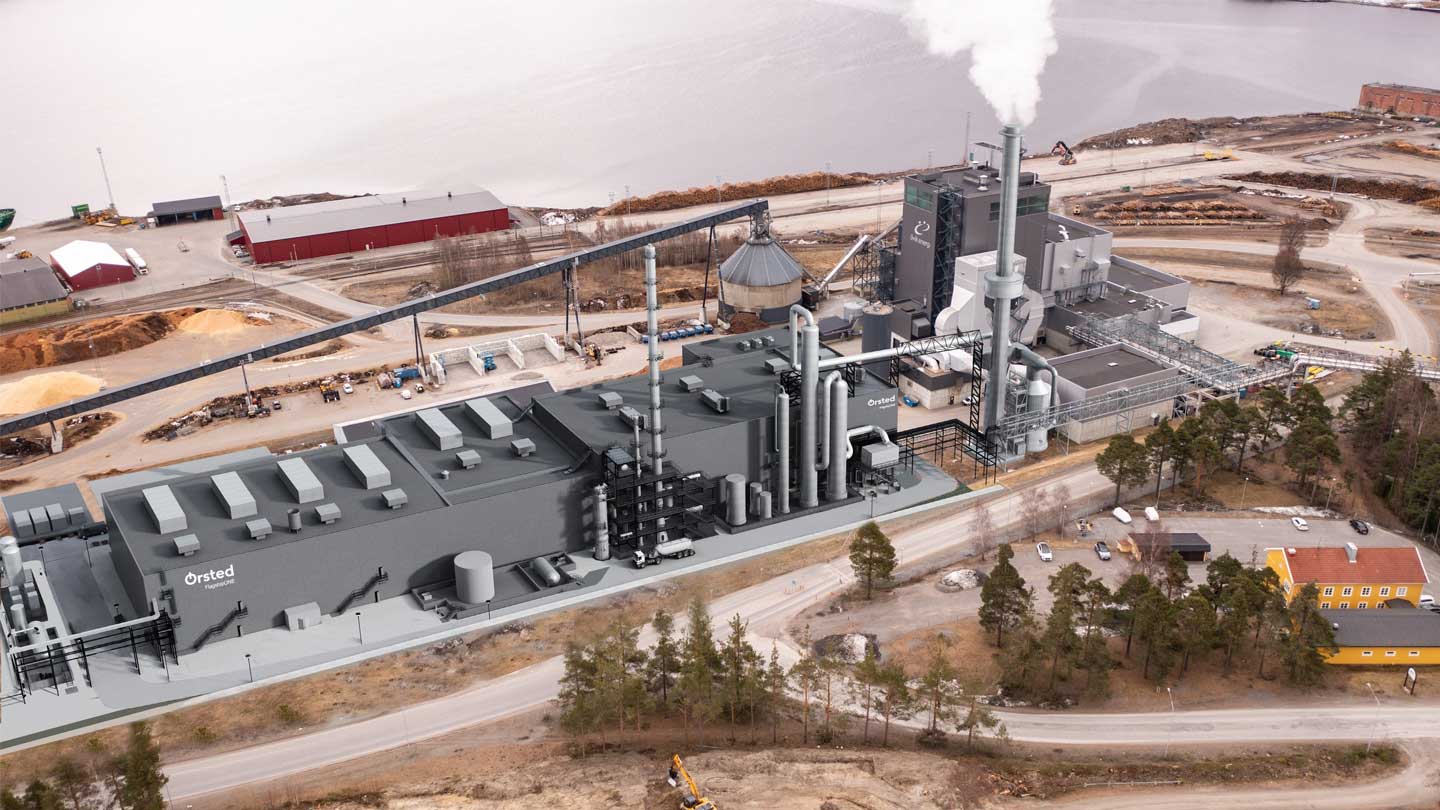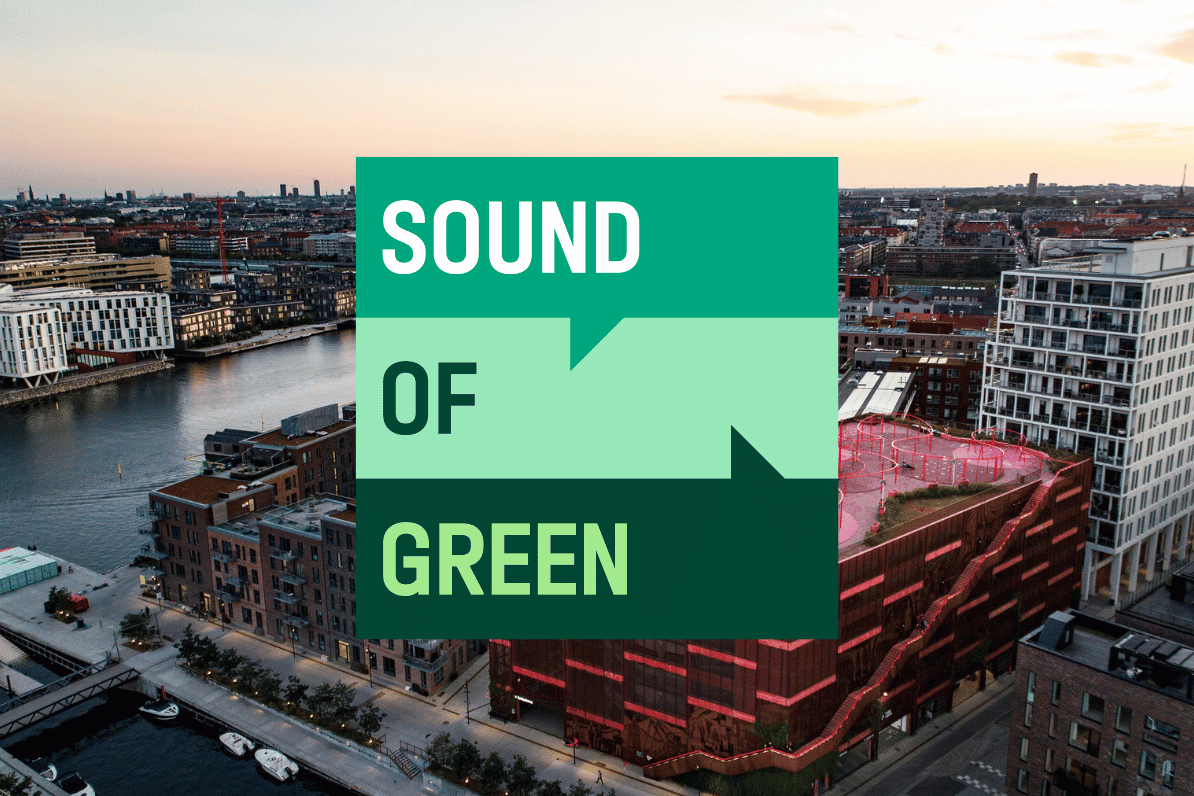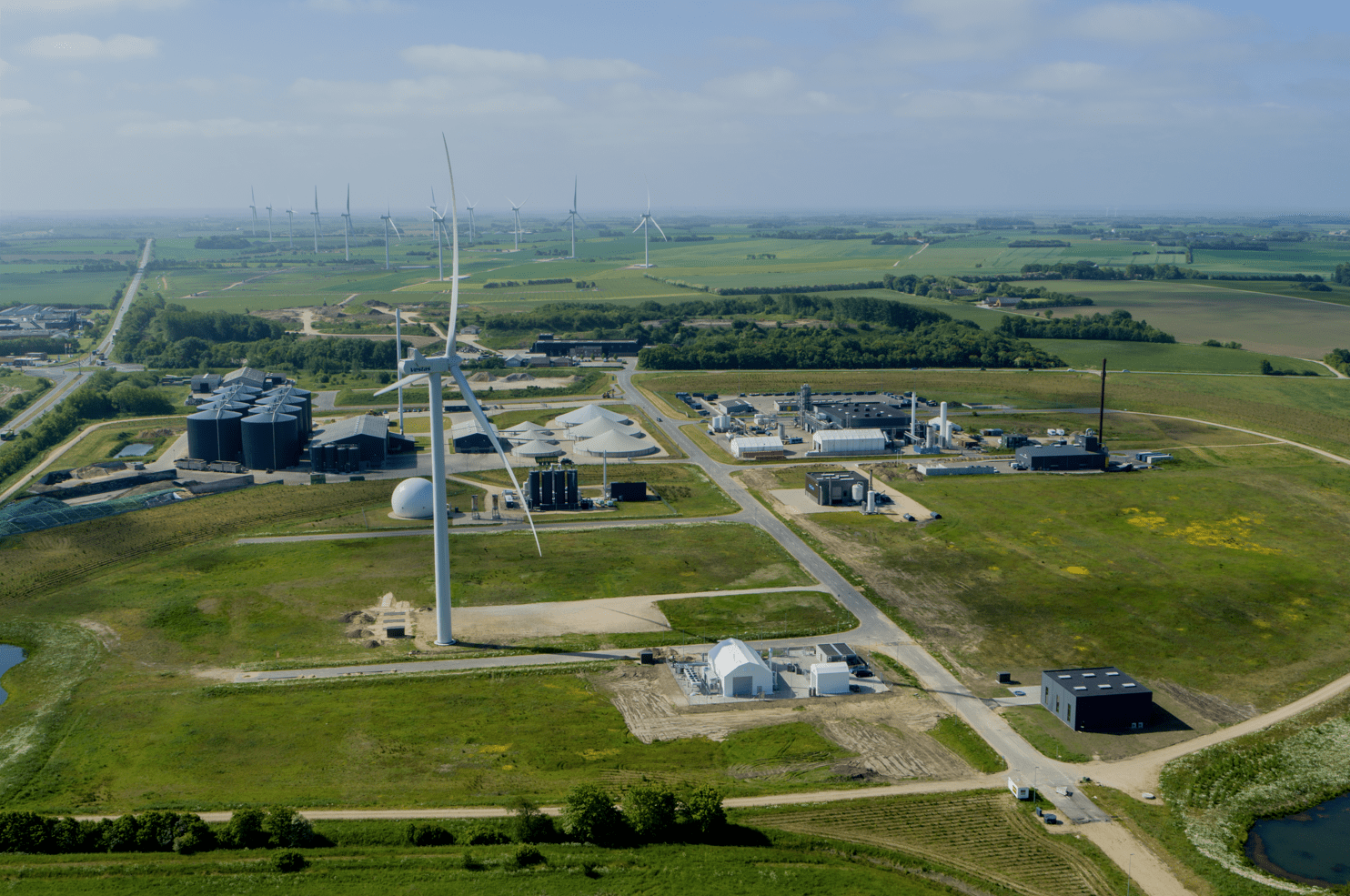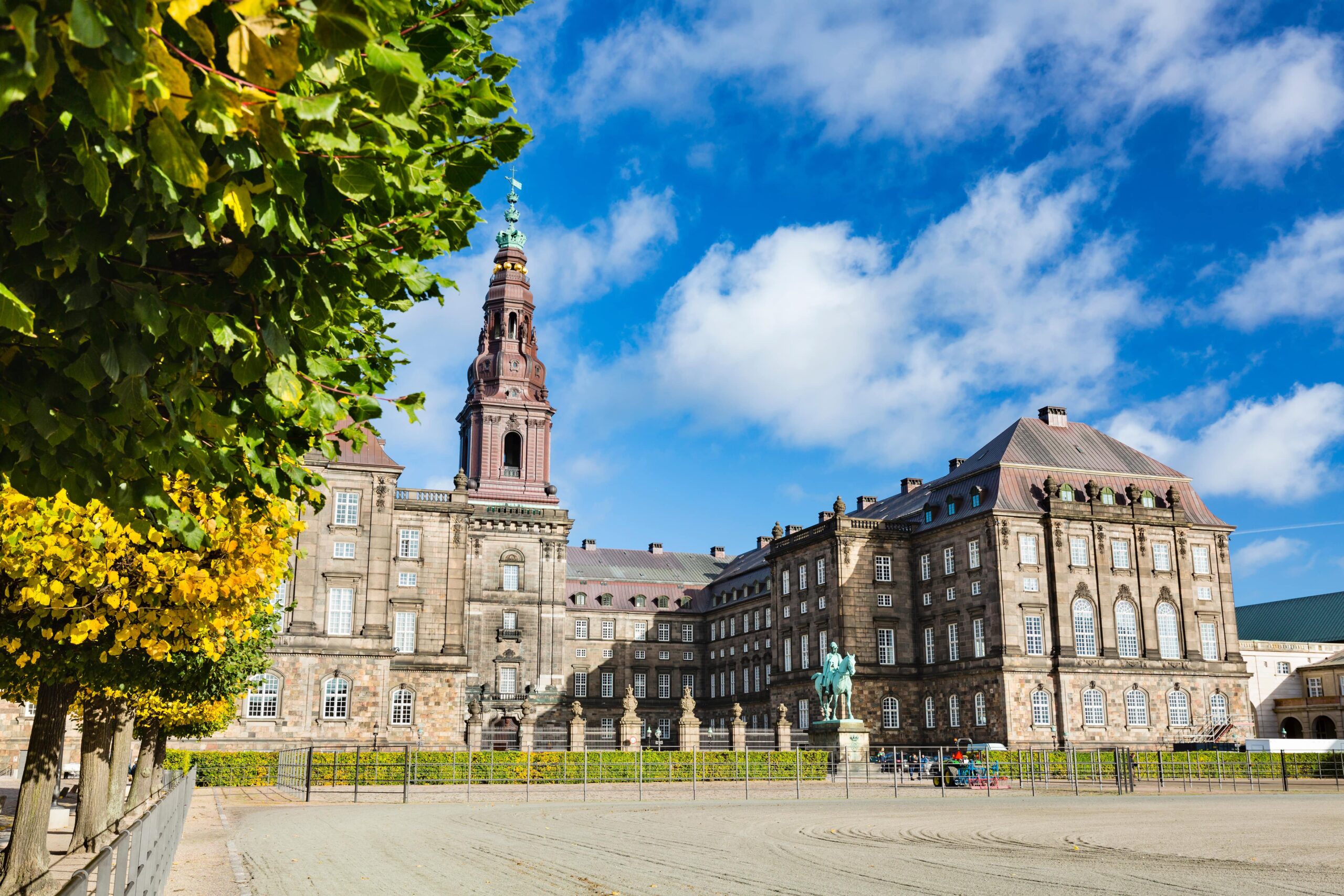News
Air pollution
Clean air in transportation
Public transportation
+2
New fleet of electric buses in Copenhagen as two central bus routes go green
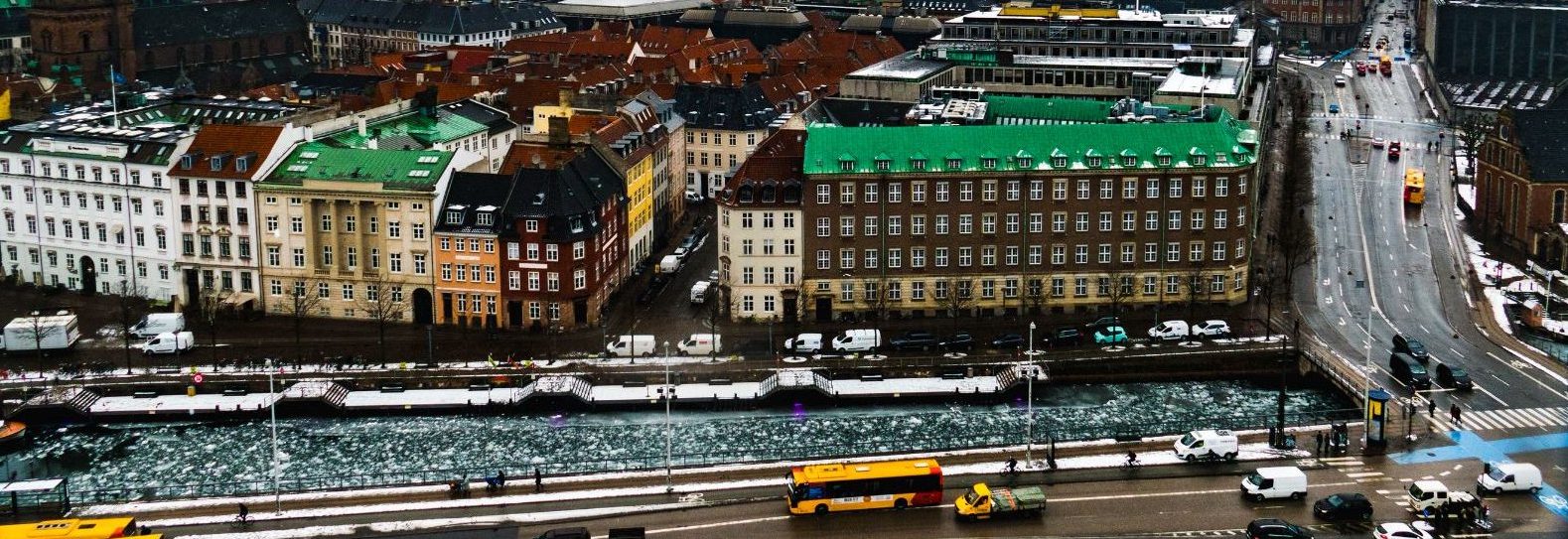

As a result of bus routes 2A and 18 going green, the CO2 emissions are lowered by 4,300 tons per year, which corresponds to 22 per cent of total emissions from Frederiksberg and Copenhagen’s bus routes. The two new electric bus routes are the first step towards a future where all buses in Frederiksberg and Copenhagen become noise-free, pollution-free and emission-free.
In the City of Copenhagen, politicians have decided that all the city's diesel buses are to be replaced by electric buses no later than 2025.
"All Copenhageners should be able to breathe freely without worrying about their health. That is why we invest massively in green, public transport, so that Copenhagen is at the forefront in the green transition. Now more than every eighth bus that Copenhageners see on their way will neither make noise, pollute nor emit CO2. It is a crucial step towards a greener and cleaner Copenhagen," said Copenhagen Mayor Frank Jensen.
-Related case: Mobilising an urban district with self-driving buses
Frederiksberg Municipality Mayor Simon Aggesen also empasises the importance of the new buses, which are part of the city's targeted efforts to protect the climate:
"A unified municipal council has recently passed a budget with a historically ambitious focus on climate and sustainability and with a total investment of 67 million EUR. One of our important goals is to become the number one city in the green, electric transportation area the country and here the buses and the municipality’s own electric cars all count in achieving this. I am pleased with this collaboration with the City of Copenhagen and I look forward to many more electric buses in the capital in the coming years," he said.
At Frederiksberg, the goal is that all diesel buses are to be replaced by buses running on green fuels by 2030.
For Movia, Denmark's largest mobility company, the new electric buses are an important step in realising their climate strategy, where the goal is fossil-free bus traffic in 2030.
"In Movia, we are working to achieve a green transition for the benefit of cities and citizens. With the 48 new electric buses on lines 2A and 18, a total of 76 electric buses is reached in Movia’s area in 2019. This success is the result of a good cooperation with our owners and operators, and we are very pleased," said Dorthe Nøhr Pedersen, CEO of Movia.
National goal of a 100 per cent green bus fleet
The Danish Minister for Transport, Benny Engelbrecht, who attended the opening event on 8 December, sees this as a good step towards all Danish buses going green over the coming years:
“It's a really good step. 11 per cent of buses in the country will run on anything other than diesel by the end of 2019. My goal is that all Danish buses will go climate friendly and CO2 neutral using electricity, biogas or hydrogen for that matter,” Benny Engelbrecht told the Ritzau newswire.
Commenting on the e-buses to Berlingske, Minister Benny Engelbrecht said:
"It is extremely important and very wise of Frederiksberg and the City of Copenhagen that they aim to electrify entire bus routes," pointing out that Danish municipalities such as Roskilde, Aarhus, Aalborg and Sønderborg are doing the same these years.
Last week the Danish government presented a new Finance Act for 2020, which allocates EUR 12 million to help the transition from fossil fuels to greener alternatives. A small cogwheel in the big machinery that must reduce Danish CO2 emissions by 70 per cent by 2030.
-Related solution: Hydrogen produced from wind for the transport and industry sectors
Facts about electric buses
- Electric buses are 3-4 times more energy efficient than conventional buses: a new diesel bus uses 3-4 times more energy for propulsion than an electric bus.
- Electric buses make considerably less noise than diesel buses - especially when they start. This also means that there is less noise inside the buses.
- The electric buses run 100 per cent on electricity.
- Lines 2A and 18 are the first bus routes in Copenhagen and Frederiksberg, which are only operated by large electric buses.
- Movia receives funding from the EU's ELENA facility under the Horizon 2020 program to prepare buses for electric operation.
- The 48 new, environmentally friendly electric buses are expected to carry almost 11 million passengers between Tingbjerg and Refshaleøen and between Lergravsparken / Ørestad st. and Emdrup Torv.
Sources
City of Copenhagen (in Danish)
Photo: Josefin at Unsplash.com
